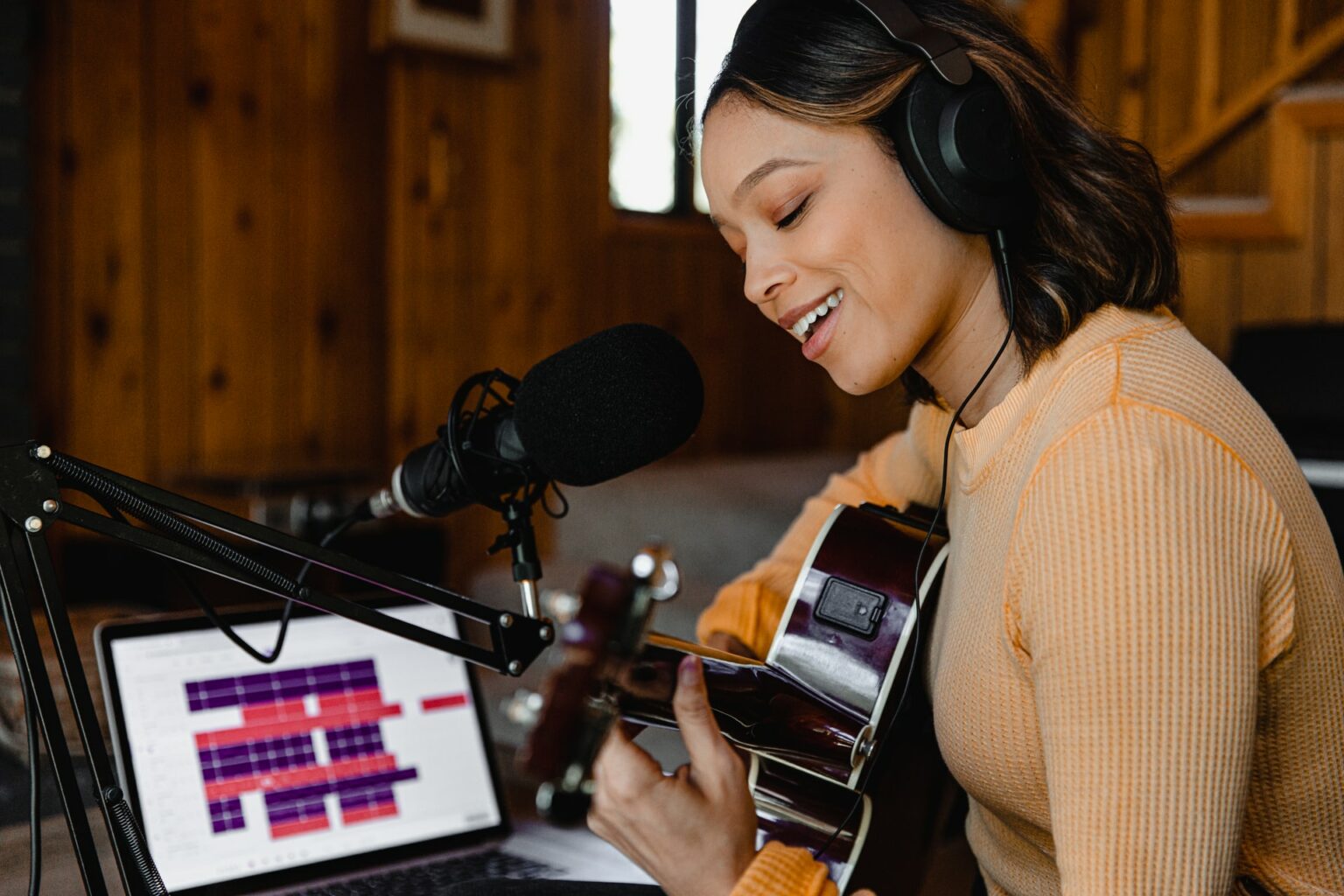Music Interpolations – Introduction
The biggest song in the world, at the moment this is being written, is Gayle’s, abcdefu – a very catchy song about an ex-boyfriend.
The song inspired talented Canadian artist Tyler Shaw, to offer his own take on the pop hit: the romantic, Love You Still (abcdefu romantic version).
The Original
Gayle’s version of the chorus begins:
A-B-C-D-E, F-U
And your mom and your sister and your job
(don’t worry, she’s not mad at her ex’s dog)
Tyler’s Version
Tyler’s version goes like this:
A-B-C-D-E-F-G-H-I love you still
And you know I always will
More Than A Cover
Tyler’s version is definitely based on Gayle’s version – Tyler doesn’t deny that – but Tyler’s version is not considered to be a “cover” of Gayle’s song.
Why is this? Tyler’s version is something more than a cover – it changes important elements of the song, most notably, the lyrics, and creates a derivative of the original song. Despite not being a cover, Tyler’s version (no, not Taylor’s version) is based on Gayle’s composition. As such, in order to produce his version, Tyler’s team needed permission from the people and/or companies that represent Gayle’s composition.
Like with most songs, they are not just written by one person, and to find out who the writers and publishers are of that composition. One place to find out who the owners of a composition are, is the ASCAP Repertory. From a search of the composition, you can see the list of writers, and Universal Music representing each of three writers, either directly or indirectly. A search on SOCAN’s Public Repertoire yields different search results in this case, … but that’s for another blog.

Join Our Community
Be the first to read new articles, industry news, and more. Sign up to our newsletter today!
Music Interpolations Or Derivative Works
Whether its an interpolation or a derivative work – one composition is based on the other – and permission is needed. In the case of Tyler Shaw’s, Love You Still (abcdefu romantic version), he needed permission from Universal Music.
Check out the credits on the song on Tyler’s song – they list the same writers as Gayle’s version, plus Tyler. To be clear, simply giving people credit does not mean you have permission to use their music; however, in order to get permission you may need to promise to give credit where its due: to the writers and publishers of the original work. Giving credit where it’s due – both are strong songs in their own right.
Unfortunately, finding the proper rightsholder is only the first challenge. The next one is getting them to respond to you, at all, let alone getting them to give you permission to use their composition.
Response Songs
Another popular type of derivative works are “response songs” – especially on TikTok. Response songs are written from the perspective of a different character in the same song. The artist recording the response song is generally not the writer or owner of the original song. Response songs usually require permission from the rightsholder as well, being the publisher(s) of the original song, as there tend to be elements of the response song taken from the original.
Also to note is that every song writer is their own music publisher until they provide their publishing rights to someone else. For more information about publishing rights, here are some of our blogs: Music Rights Administration and Music Publishing Agreements
Copyright: Recording v. Composition
So far, I have focused my discussion on the rights in the composition – the underlying written music of the song – and have not addressed the rights in Gayle’s recording. The copyright in Gayle’s recording is distinct from the copyright in the underlying composition. Tyler does not need permission to use the recording if none of it is used in his song. In fact, Tyler did not use any of the original recording in his version, and no permission was required. However, if someone wanted to sample Gayle’s abcdefu, they would need permission would from both the owner of the recording and the owner of the composition.
Music Interpolations – Conclusion
If you have questions about who you need to get rights from, or about the process, or if you need help navigating the agreement that a publishing company provides to you, we can help.
In the meantime, here are the videos for the two songs:
Gayle’s abcdefu (original version)
Tyler Shaw’s Love You Still (abcdefu romantic version)
Is there a great song out there you have a unique take on – perhaps with new lyrics?
© 2022 Edwards Creative Law, LLP
Updated to April 11, 2022
Edwards Creative Law is Canada’s Entertainment Law Boutique™, providing legal services to Canadians, and international clients who partner with Canadians, in the Music, Film & Television, Animation, Interactive Digital Media, Game, Publishing and Software industries.
For more information or to set up a minute Discovery Call with one of our entertainment lawyers please feel free to Contact Us.
* This blog is for general informational purposes only and is not to be construed as legal advice. Please contact Edwards Creative Law or another lawyer, if you wish to apply these concepts to your specific circumstances.
Check out our popular blog posts:
Neighbouring Rights in Canada – Being a Musician is a Business
Setting up a Music Publishing Company in Canada
Copyright Protection & Classical Music
Work Made for Hire Explained
10 Co-Production Considerations in Canada – Ask an Entertainment Lawyer
Film Profits & Points – Ask an Entertainment Lawyer
The “Just Trust Me” Legal Agreement
Learn more about our services:
Film & Television
Music
Interactive Digital Media
Software
Legal Support Services
International Services




